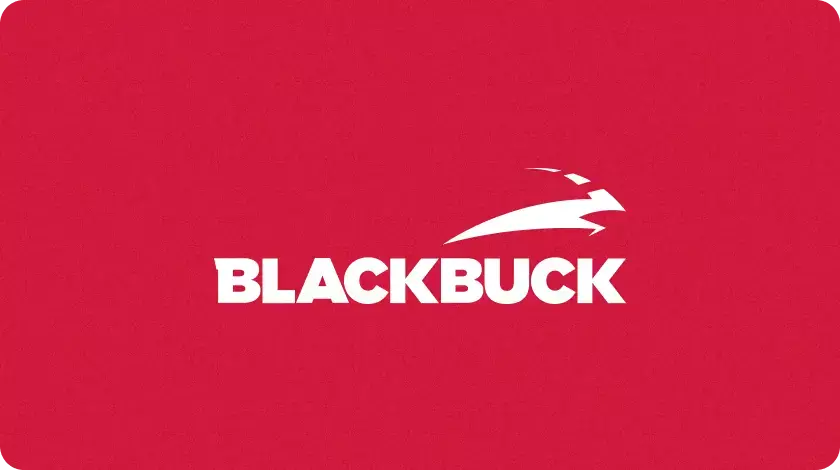
BlackBuck Faces ₹14.2 Crore Tax Demand: A Wake-Up Call for India’s Freight-Tech Sector
BlackBuck, a leading digital freight and logistics startup, has received a tax notice from the authorities demanding ₹14.2 crore (approximately $1.9 million) over financial discrepancies. The notice, which was served to the company, has raised concerns about taxation norms, regulatory oversight, and investor confidence in India’s freight-tech sector. The tax demand originated from deviations observed in tax filings and financial reports, highlighting the need for startups to prioritize compliance and transparency.
BlackBuck, which has received significant funding from prominent investors such as Goldman Sachs, Insight Partners, and Flipkart, has been growing rapidly in the Indian logistics market. The company’s innovative approach to freight management has disrupted traditional logistics practices, making it an attractive option for businesses and consumers alike. However, the recent tax notice has cast a shadow over the company’s operations and raised questions about the regulatory environment in India.
The tax demand is a result of an investigation by the tax authorities, which found discrepancies in BlackBuck’s tax filings and financial reports. The company has been accused of underreporting its income and evading taxes, leading to a significant shortfall in the amount of taxes paid. The authorities have demanded that BlackBuck pay the outstanding amount of ₹14.2 crore, along with interest and penalties.
The news has sent shockwaves through the startup ecosystem, with many entrepreneurs and investors expressing concern about the tax notice. The incident highlights the need for startups to prioritize compliance and transparency, as the regulatory environment in India can be complex and challenging. It also raises questions about the efficacy of the tax authorities’ investigation processes and the level of oversight in the sector.
BlackBuck has announced that it will challenge the tax notice and has hired a team of lawyers to defend its position. The company has also stated that it will cooperate fully with the tax authorities and provide any necessary information to resolve the matter. However, the incident has already raised concerns about the company’s financial stability and the potential impact on its operations.
The tax notice has also raised concerns about the regulatory environment in India’s freight-tech sector. The sector has seen significant growth in recent years, with many startups emerging to offer innovative logistics solutions. However, the lack of clear regulatory guidelines and oversight has led to concerns about the sector’s stability and sustainability.
The Indian government has taken steps to regulate the freight-tech sector, introducing the Goods and Services Tax (GST) and the E-way bill system. However, the sector still lacks a clear regulatory framework, leaving many startups to navigate a complex and challenging environment.
The tax notice has also highlighted the need for greater transparency and accountability in the startup ecosystem. Startups often rely on venture capital funding and other forms of external financing, which can create pressure to prioritize growth over compliance. However, the incident serves as a reminder that startups must prioritize transparency and accountability to maintain investor confidence and avoid regulatory issues.
In conclusion, the tax notice served to BlackBuck highlights the need for greater regulatory oversight and transparency in India’s freight-tech sector. The incident serves as a wake-up call for startups to prioritize compliance and accountability, as the regulatory environment in India can be complex and challenging. It also raises questions about the efficacy of the tax authorities’ investigation processes and the level of oversight in the sector.
As the matter unfolds, it will be interesting to see how BlackBuck responds to the tax notice and whether the company is able to resolve the matter amicably. The incident has already sent shockwaves through the startup ecosystem, and it is likely to have a significant impact on the freight-tech sector.
Source: https://ascendants.in/industry/blackbuck-tax-demand-legal-challenge/





